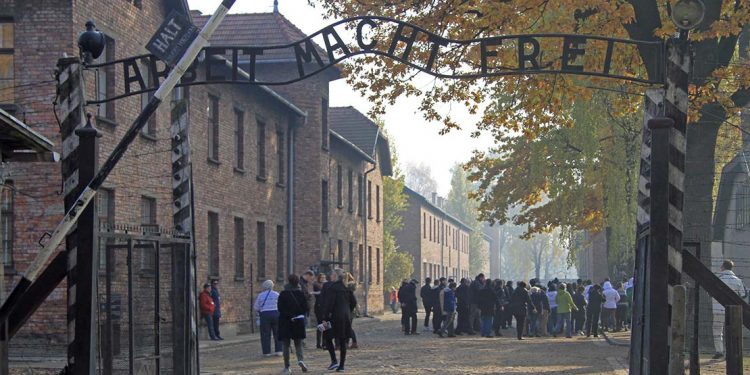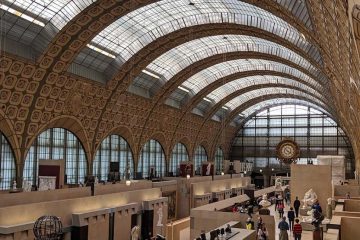Visiting These 5 Important Historic Sites Is a Humbling Experience
These Places Are a Shocking Reminder of Our Past
Traveling the world can give you a deeper insight into human nature — including some of mankind’s darkest and most tragic stories. Take the time to visit these powerful and humbling historic sites on your travels.
There are places that you have to visit before you die, even if they may not be the most “fun” tourist attractions. However, they are without a doubt important places that will teach you a lot.
Auschwitz, Poland
This Holocaust concentration camp was the site of unspeakable horrors. It’s hard to understand how so many people could be murdered in such a terrible way.
When you visit Auschwitz in Southern Poland you will be able to take a tour through buildings containing photos, maps and stories. One of the most haunting parts of your visit will be “The Rooms.” There is a “Room of Abandoned Luggage” and a “Room of Children’s Shoes.”
It is a place that is emotionally devastating and it will remind you of how important it is to never let something like this happen again.
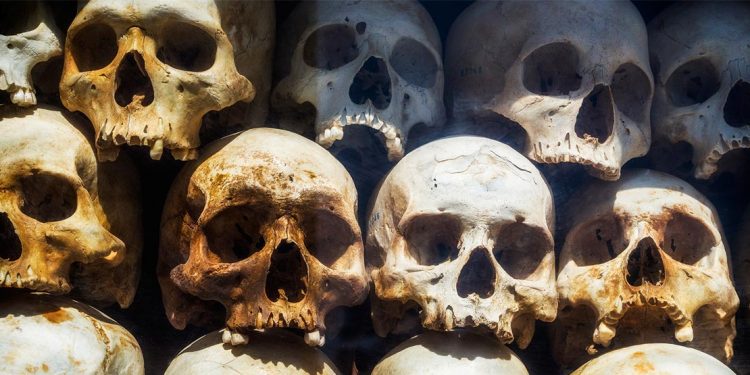
The Killing Fields, Cambodia
The Killing Fields might look like a lovely, quiet, grassy meadows today — but every now and then human bones surface after heavy rains. These fields are where more than a million people were brutally murdered by the Khmer Rouge regime during its rule of Cambodia from 1975 to 1979.
The killings were part of a genocide sponsored by the state.
In order to save on ammunition, the executions were carried out using spades or sharpened sticks of bamboo — or simply by bashing the heads of the victims against a tree. Children were killed in this way as well, in order to “prevent them from taking revenge for the deaths of their parents when they grow up.”
As you tour this harrowing historic site you will see the mass graves where so many people were buried as well as a glass shrine containing thousands of skulls. This historic site is deeply disturbing, but it is crucial to understanding this part of Cambodia’s history.
From historic landmarks to stunning vistas, Vietnam is a country rich in history and beauty. This Vietnam travel guide will help you plan your trip.
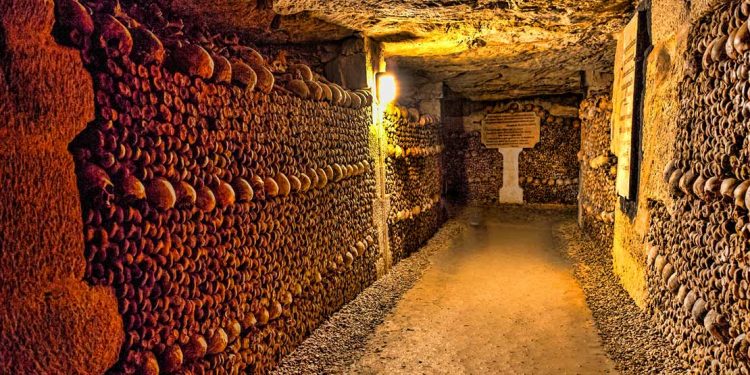
The Paris Catacombs, France
Did you know that underneath the “City of Light” there is a series of dark, subterranean catacombs that hold the remains of 6 million former Parisians? In the 18th century, Paris was growing so quickly that the city was running out of room to bury the dead, which was causing issues such as the spread of disease and a foul stench.
To solve the problem these limestone quarries beneath the city were blessed and turned into the Catacombs in 1768. The excess bones from the Paris cemeteries were placed there and then the newly dead were placed directly into the catacombs.
In total, this underground burial site stretches for over 186 miles, however only a small fraction of it is open to the public. Approximately 6 million people are buried within these catacombs.
As you walk past the stacks of skulls and femurs you will be powerfully reminded of your own mortality.
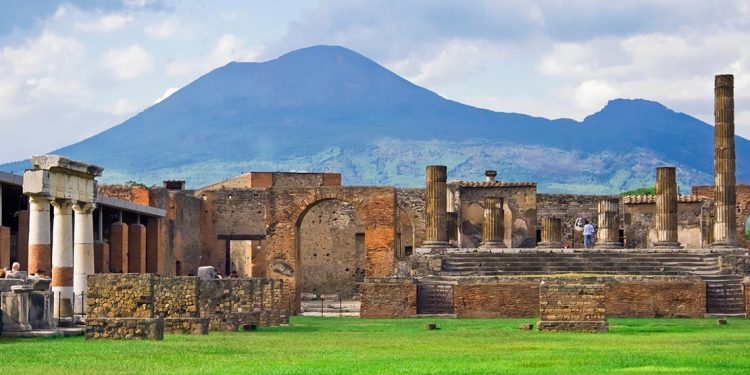
Pompeii, Italy
In 79 AD Pompeii was a thriving Roman town near Naples. Then, Mount Vesuvius erupted and promptly buried the entire city under 20 feet of pumice and ash.
Most of the 11,000 people in the town were killed and the ash preserved their bodies in the exact position they died in. The lack of air and moisture over 2,000 years kept the objects in Pompeii well-preserved, allowing us to learn a lot about the lives of the people who once lived there.
Many sections of the ancient city are open to the public and you can spend several days exploring the site.
Visiting Pompeii will humble you as it shows just how powerful nature can be and how a natural disaster such as a volcanic eruption can wipe out so much life in an instant.
If you're looking for a Spain cruise, these are some of the best cruise lines jetting along the Mediterranean, landing in beautiful Spanish ports.
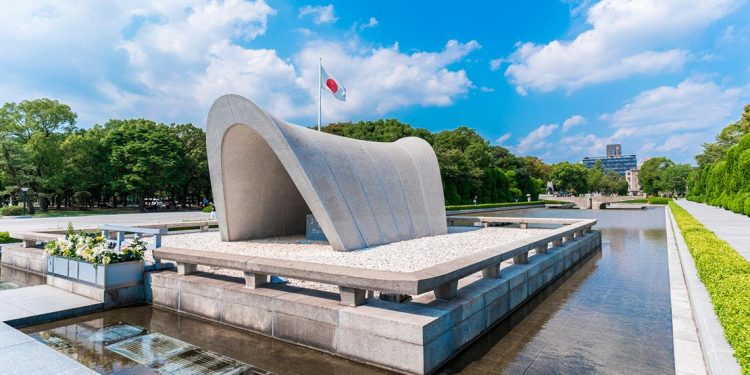
Hiroshima Peace Memorial Museum, Japan
On August 6, 1945 the Japanese cities of Hiroshima and Nagasaki were destroyed when atomic bombs were dropped on them by the United States. Over 70,000 people were killed by the immediate blast of the bomb and afterward many hundreds of people died from cancer caused by the bomb radiation.
The Hiroshima Peace Memorial Museum documents the history of Hiroshima before the bombing, as well as gives a detailed account of the effects of the bombing. You will see watches, clothing and personal effects worn by the victims and learn information about the health effects caused by the blast.

